Elevated Kraft Labs Crystal MDA
$65.00 – $540.00
MDA crystal! One gram yields approximately 8-12 doses. This product is pure and powerful, about 30% stronger than MDMA.
MDA, or 3,4-methylenedioxyamphetamine, is a synthetic empathogen sometimes found in ecstasy tablets. It is closely related to MDMA though its effects are said to be slightly more psychedelic.
As with MDMA, MDA is thought to act primarily as a serotonin-norepinephrine-dopamine reuptake inhibitor and releasing agent. However, MDA is significantly more potent by weight and subjective intensity relative to MDMA. It also has a notably longer duration (six to eight hours instead of three to five) and produces more traditional serotonergic psychedelic effects (such as visual distortions) along with appreciably higher activity on dopamine, which is also believed to be responsible for the greater degree of neurotoxicity it produces.
Both MDMA and MDA are hallucinogens, stimulants, and belong to the amphetamine class of drugs, but their effects can be different. For instance, MDMA provides a more euphoric feel while MDA lets you feel more energetic, appreciate visual stimuli, and give you a heavier, longer-lasting high. MDA is actually a synthetic entactogen and a small metabolite of MDMA. The primary mode of MDMA and MDA transmission is ingestion.
Dosing
Threshold: 20Mg
Light: 40-60Mg
Common: 60-100Mg
Strong: 100-145Mg
Heavy: 145+Mg
MDA has moderate to high abuse potential and can produce psychological dependence in some users. Acute adverse effects are usually the result of high or multiple doses, although single dose toxicity can occur in susceptible individuals
| Weight | 1 Gr, 2 Gr, 3 Gr, 5 Gr, 10 Gr |
|---|
8 reviews for Elevated Kraft Labs Crystal MDA
Only logged in customers who have purchased this product may leave a review.
Referral Program
For each friend you invite, we will send you a 15% off coupon code that you can use to purchase or get a discount on any product on our site. Get started now, by sharing your referral link with your friends.
Related products
Pills / Capsules
Pills / Capsules


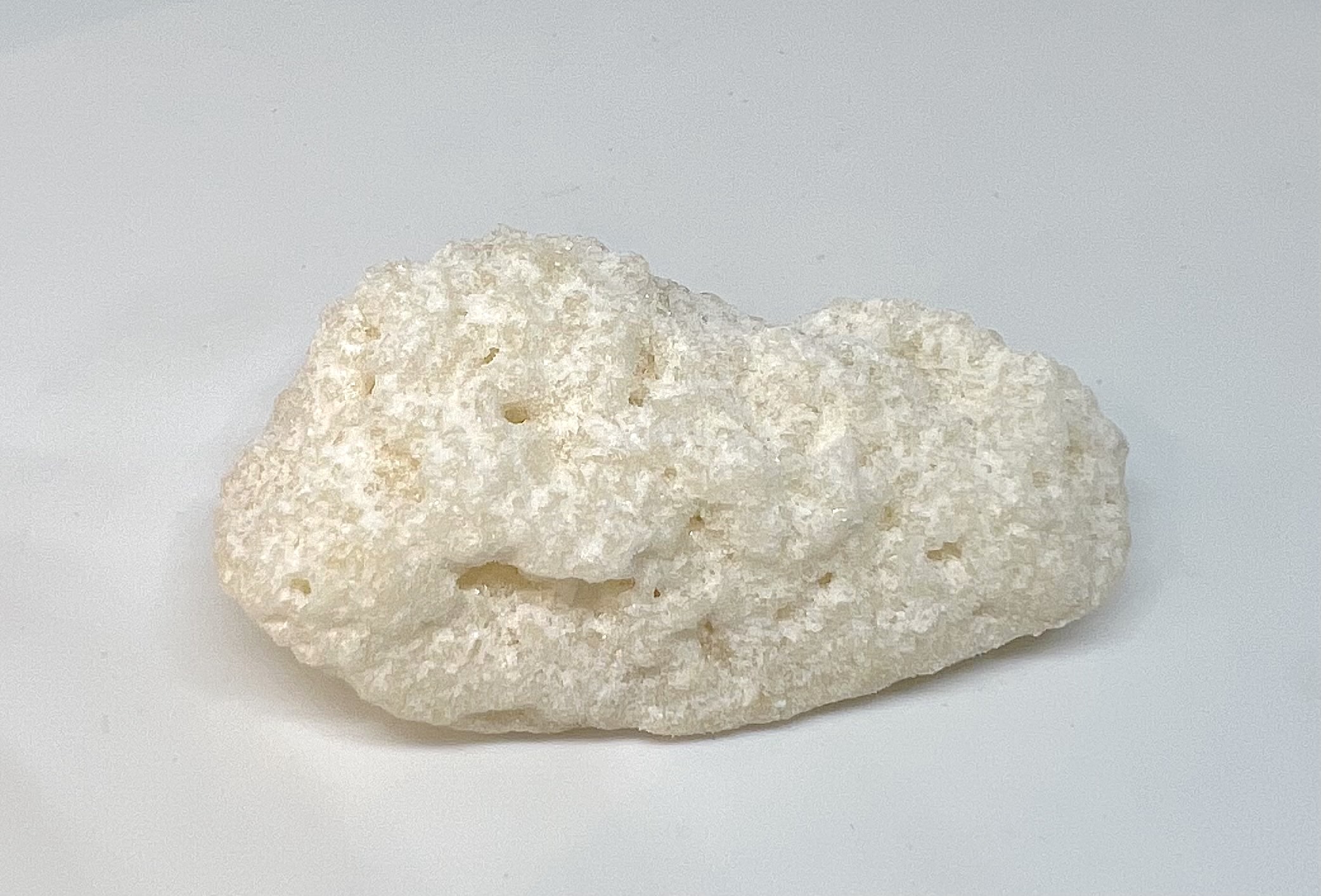

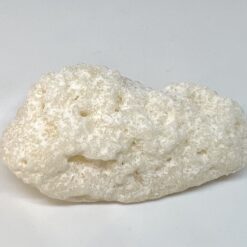
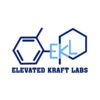
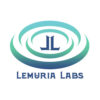
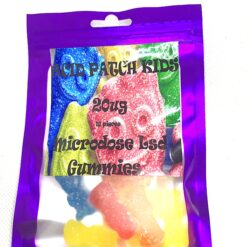
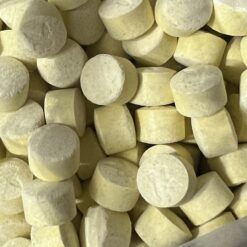
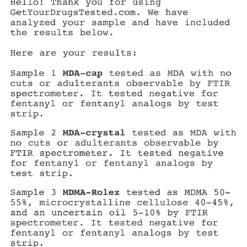

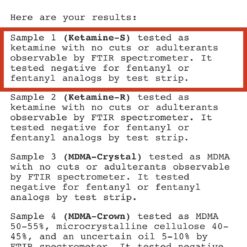
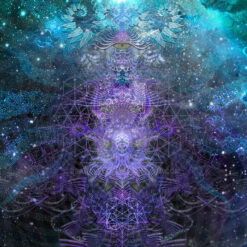
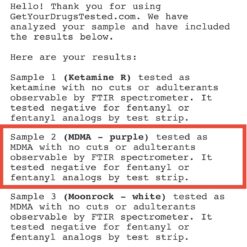
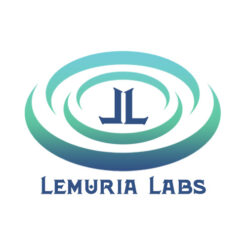
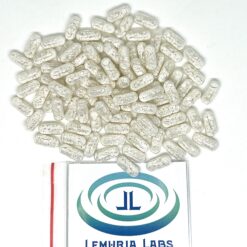
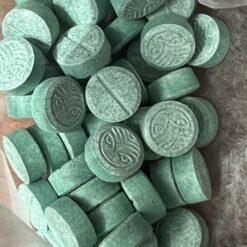
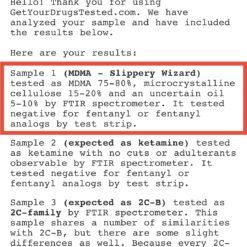
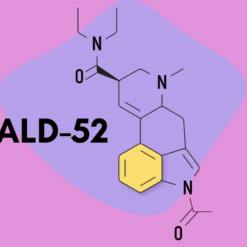
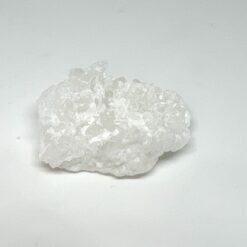
Lynn (verified owner) –
Excellent!! Quite powerful and long lasting.
Max R. (verified owner) –
Amazing. Very trippy
GmanT (verified owner) –
This has to be by far the best I’ve tried. Better than mdma and worth a try!
Lynn (verified owner) –
Excellent, powerful stuff! Lasts longer than some other products.
jennkirsti (verified owner) –
This stuff is pretty good! This brand is better than the other one. The other one I took 0.600g and barely got high. But THIS ONE…. took a 0.550 and boy did I ever feel great! You get what you pay for. There’s a reason it more expensive. Oh ya and I’m a very seasoned user and it takes a lot for me to even get a buzz. I highly recommend.
Lynn S. (verified owner) –
Way more powerful than MDMA! Love it!!!
Anonymous (verified owner) –
Nice Roll and smooth up and down, didnt feel all wonky and no body aches afterwards either. Small amount goes a long way with this too.
Lynn (verified owner) –
As always, fantastic stuff! Arrived very quickly.